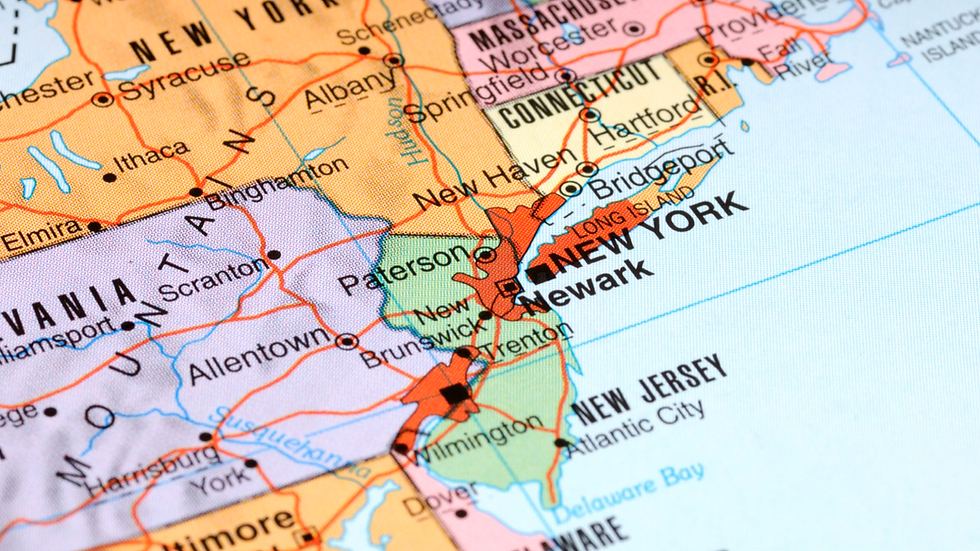Do I need Gap Insurance when purchasing a car?
- Sungwoong Lee
- Jan 31, 2025
- 2 min read
Updated: Jul 1, 2025

What should you do if your car is declared a total loss after an accident due to extensive damage that is too costly to repair?
Recently, the weather has been causing a lot of accidents. When accidents happen on icy roads in cold weather, the impact can be severe, often resulting in significant vehicle damage. After an accident, if you request a repair estimate from your insurance company, they may determine that the repair costs exceed the market value of the car and decide to declare it a total loss.
But what happens if you still have outstanding payments on a financed car or if your lease hasn’t ended yet, and the insurance company’s valuation of the car is lower than the remaining payments or the lease return value?
In the worst-case scenario, the car is gone because it’s been totaled, but you’re still responsible for paying the remaining balance to the financing company. Unfortunately, a total loss from an accident is not considered a valid reason to terminate a financing agreement, so the loan contract with the financial institution remains valid. To mitigate such losses, gap insurance serves as an essential safeguard.Gap insurance covers the difference between the remaining loan balance and the insurance payout for the totaled car. For example, if you owe $10,000 on the car loan but only receive $7,000 from the insurance payout, gap insurance would cover the remaining $3,000.
If you don’t have gap insurance, you would need to contact the lender directly to negotiate repayment terms or adjust the payment schedule for the remaining balance. However, without gap insurance, it’s very difficult to have the shortfall waived.
To prepare for such situations, it’s a good idea to consider purchasing gap insurance, especially when buying an expensive car or if the car’s resale value is expected to depreciate significantly.
Lee and Kim law LLC has extensive experience with car accident cases in New York and New Jersey, which allows us to identify important issues early on and offer clients practical guidance from the start.
If you’ve been involved in an accident and have questions about your options, don’t hesitate to call us at (551) 300-2766 or leave us a submit an online form. We’re here to help you navigate the next steps with clarity and confidence.
Portions of this blog may be considered attorney advertising under the laws and ethical rules of New York and New Jersey. Any testimonial or endorsement featured does not constitute a guarantee, warranty, or prediction regarding the outcome of your legal matter. Prior results do not guarantee a similar outcome, as every case is different and depends on the specific facts and legal circumstances involved.




Comments